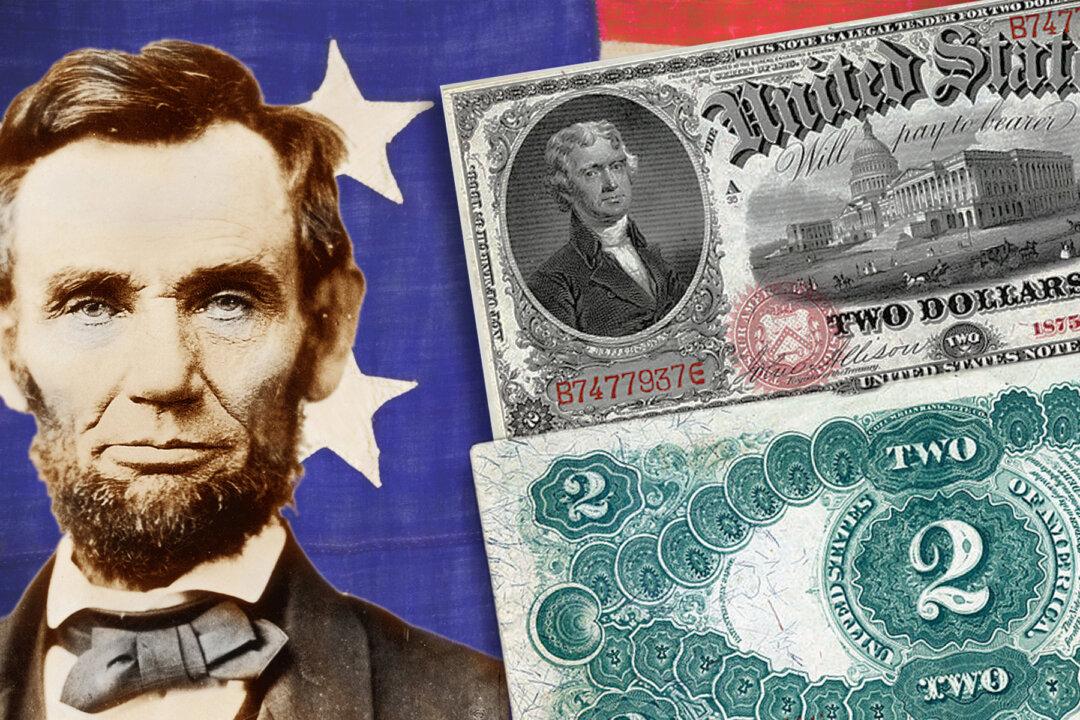When history books are written by a corrupt elite establishment, when they hold all the power, that which threatens their hold on power if often whitewashed, omitted, and purged.
Though not widely known, the power struggle to determine who will coin the United States’ currency was a prime consideration in the American Civil War. It is the story of how a paper note called the “Greenback,” invented by Lincoln, allowed him to gain the upper hand in that war, to save America against foreign forces that were poised to tear her apart.






